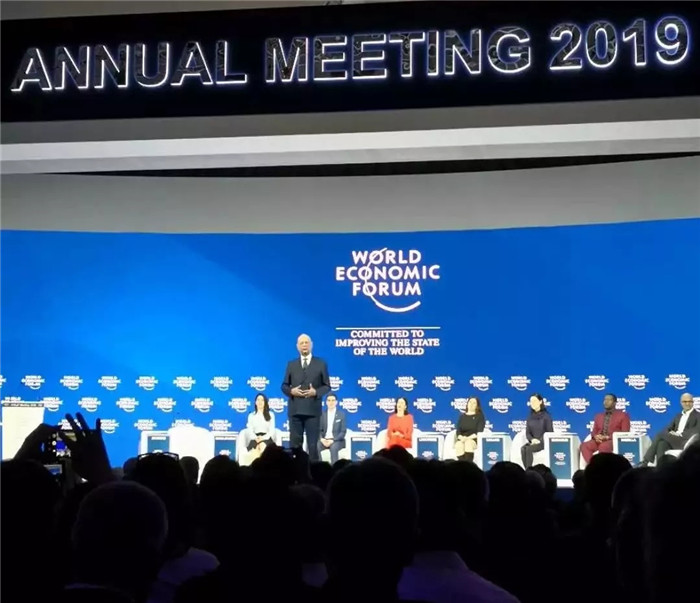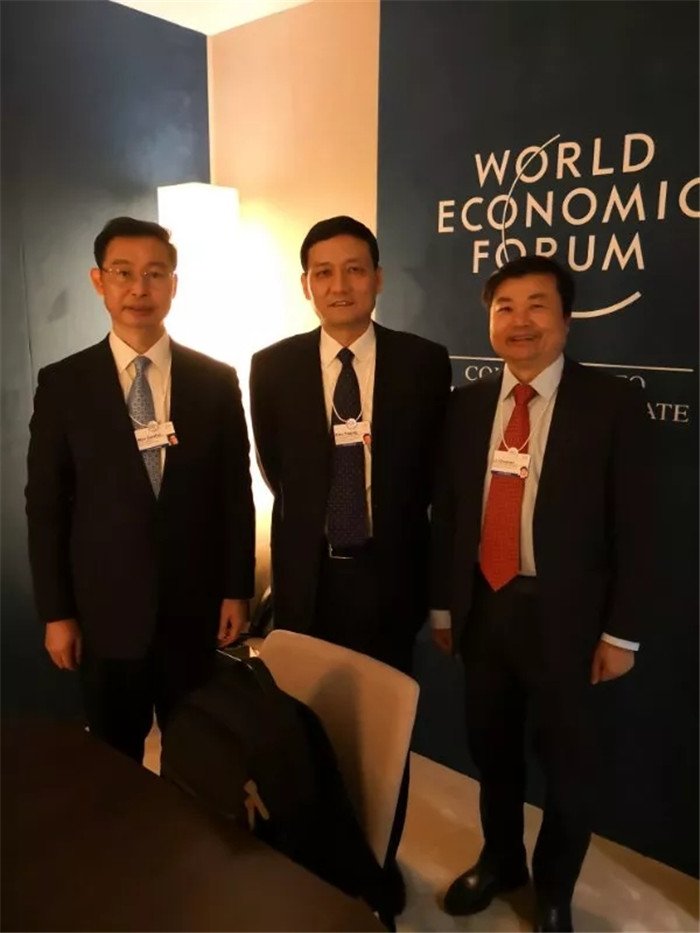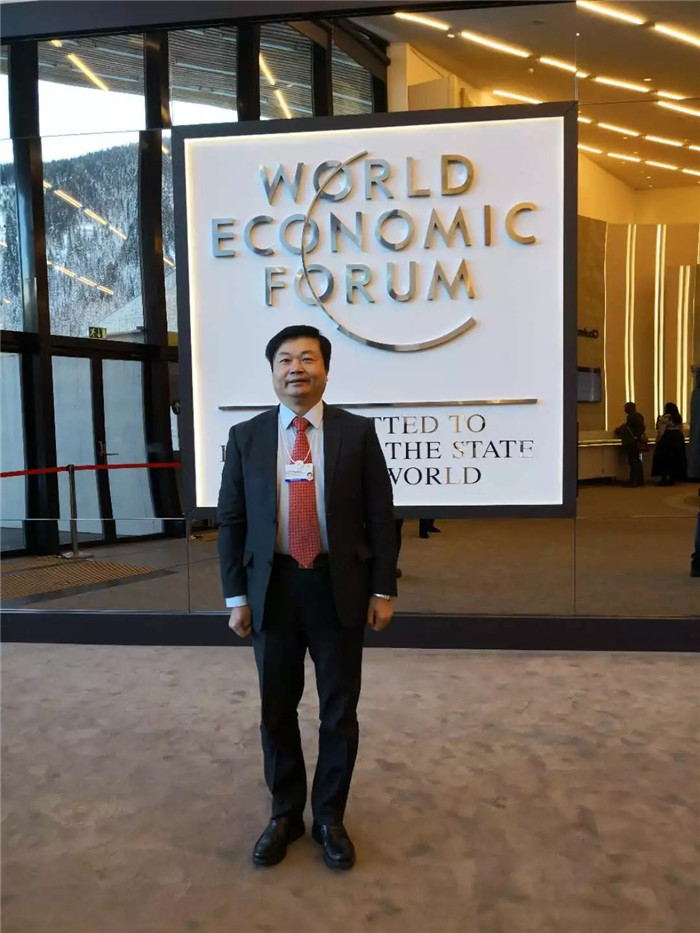GPHL’s Chairman Li Chuyuan attends WEF annual meeting 2019
2019-01-25 23:30:03 GPHL GPHL
As the biggest pharmaceutical enterprise in China, GPHL has attended the World Economic Forum (WEF) annual meeting for five consecutive years now, aiming to strengthen communication and look for more cooperation with Fortune Global 500 enterprises.

As a member of the Guangzhou delegation led by Mayor Wen Guohui, GPHL’s Chairman Li Chuyuan attends the WEF annual meeting 2019 in Davos, Switzerland.

On January 21st, Li Chuyuan visited Guangzhou’s sister city Frankfurt along with Mayor Wen Guohui and attended the signing ceremony for a memorandum of cooperation between Guangzhou and Frankfurt & Lyons.

Over the past years, GPHL has been promoting the idea of ‘Trendy TCM’, which aims to provide products targeting young people, using advanced manufacturing technology and accessible marketing methods. Taking advantage of intermodal platforms like WEF, GPHL will go on with its exploration into ‘Trendy TCM’, facilitate the development of TCM and promote TCM culture worldwide.

GPHL’s Chairman Li Chuyuan poses for a photo at the WEF annual meeting.
Reported by Monica Liu
Edited by Simon Haywood
About the WEF Annual Meeting 2019
World leaders and business elites gathered on Tuesday in Davos to discuss globalization 4.0, a buzzword that means a new wave of globalization in a digital world.
More than 3,000 participants braved the winter chills and icy roads to the snow-covered Swiss resort for the World Economic Forum (WEF) annual meeting, a leading platform for global economic affairs.
More than 60 heads of state or government, 40 international organization heads and 1,700 business leaders will attend this year's event that runs through Friday, themed Globalization 4.0: Shaping a Global Architecture in the Age of the Fourth Industrial Revolution.
Addressing the opening ceremony, WEF Founder and Executive Chairman Klaus Schwab said participants at the meeting will have to look at all the global challenges and shape the future of the world over the next four days.
In an increasingly interconnected world, globalization 4.0 has to be human-centered, more inclusive, and more sustainable, Schwab said, adding that much emphasis was put on environmental issues at the forum.
In an article published on the US magazine Foreign Affairs, Schwab wrote, like its predecessors, the Fourth Industrial Revolution is best described by its leading technologies: artificial intelligence, autonomous vehicles, and the Internet of Things. "
"In this world, globalization won't disappear; it will deepen. If in the past global integration grew as trade barriers came down, it will now rely on the connectivity of national digital and virtual systems and the related flow of ideas and services. This is the core of Globalization 4.0," he wrote.
This year's event came as risks hang over global growth, with rising nationalism, and protectionism, and political uncertainties in rich countries.
In a report released before the annual meeting, the WEF said that rising geopolitical and geo-economic tensions are the most urgent risk in 2019, with experts predicting further economic confrontation between major powers in 2019 and erosion of multilateral trading rules and agreements.
Reflecting on the troubling status quo of globalization, China's stance on globalization will be worth attention, analysts said.
Chinese President Xi Jinping said in Davos in 2017 that the global economy is "the big ocean that you cannot escape from" and any attempt to retreat back to isolation runs counter to the historical trend.
One major solution offered by China to help tackle global challenges and build an open and more inclusive economy is the Belt and Road Initiative, said Martin Albrow, a renowned sociologist and a pioneer of the theory of globalization.
Proposed by China in 2013, the initiative is aimed at building a trade and infrastructure network connecting Asia with Europe and Africa along and beyond the ancient trade routes of the Silk Road.
Excerpts from Xinhua’s report “World leaders, business elites to discuss globalization 4.0 in Davos” on January 23rd, 2019.

